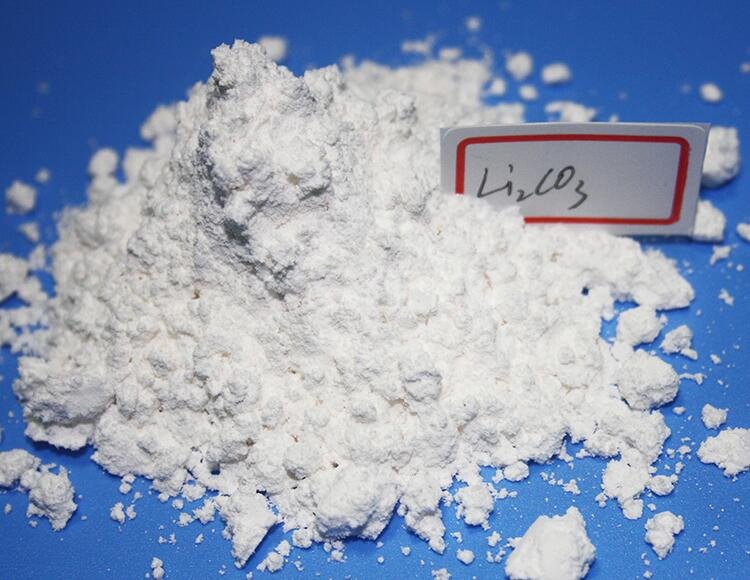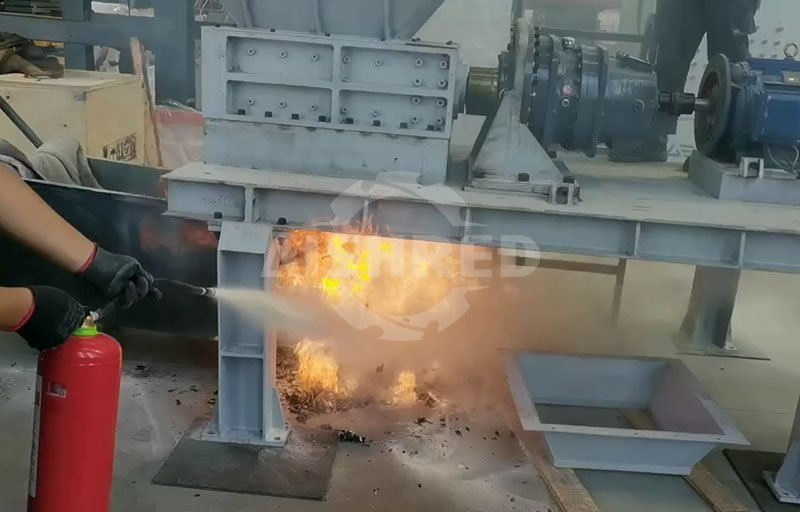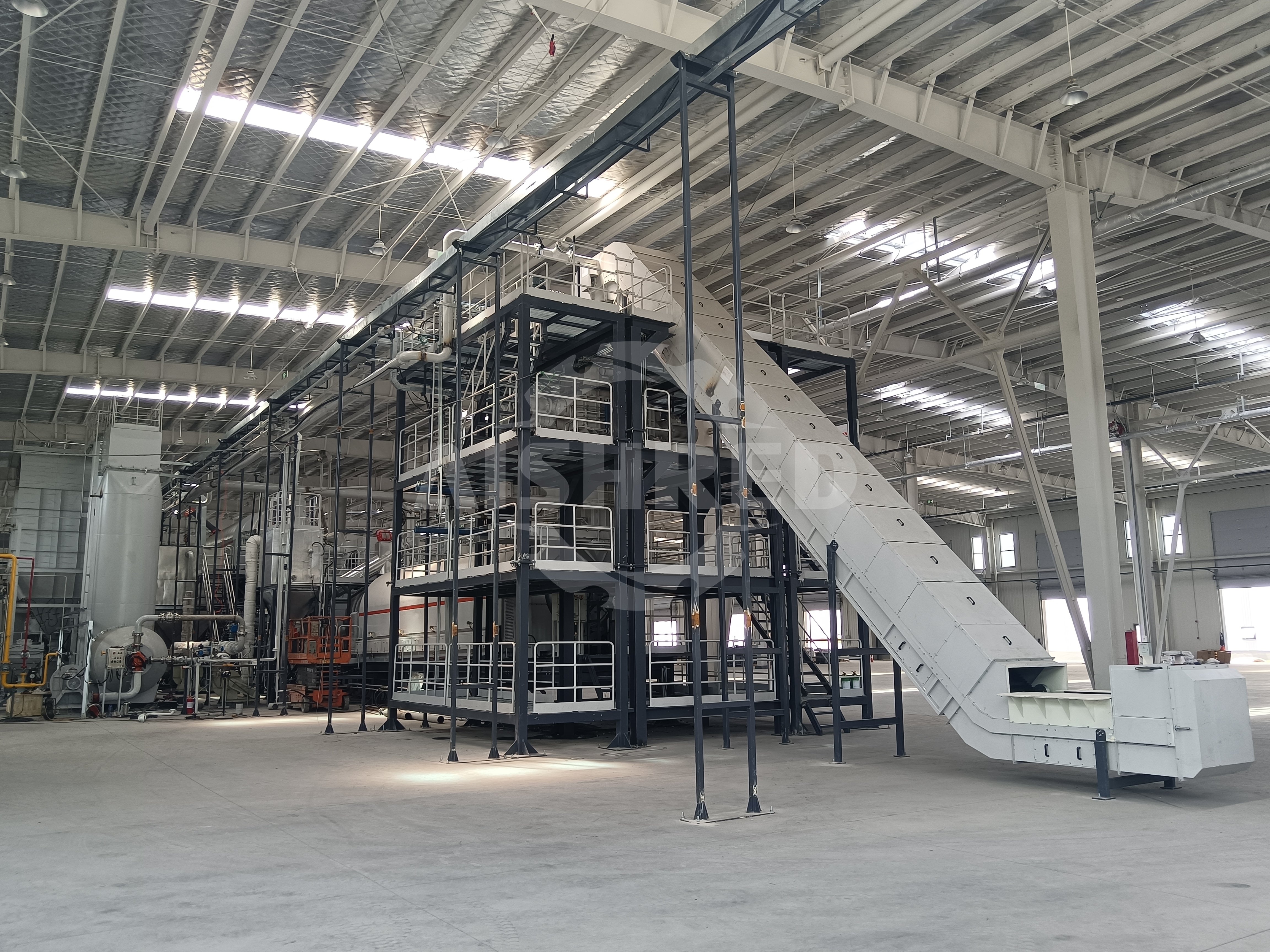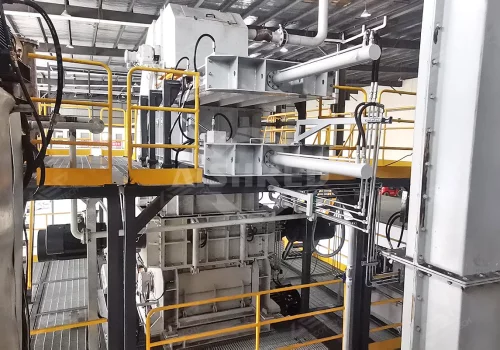With the advancement of technologies such as electric vehicles and battery energy storage, the lithium-ion battery market is experiencing rapid growth. Given the increasing demand for cobalt and lithium in the production of these batteries, their prices are rising. Recycling materials from retired batteries is more environmentally friendly and cost-effective than mining them from natural resources.

Lithium Carbonate: a Recycled Product from Lithium-Ion Batteries
The Necessity of Shredding Lithium-Ion Batteries
Although the methods for recycling lithium-ion batteries vary, pre-shredding the batteries is a crucial step. Shredding facilitates the separation of different battery components, such as the casing, anode, and cathode materials, thereby simplifying further processing.
Challenges of Traditional Shredding Systems
However, most lithium-ion batteries pose a significant safety risk during the shredding process as the anode and cathode materials can discharge upon contact, leading to high temperatures and potential combustion. Pre-discharge processing is not only complex and time-consuming but also insufficient to completely mitigate this risk. Achieving 100% discharge, which is required to eliminate this risk, is impractical in real-world scenarios.

Ignition of a Lithium-Ion Battery During Unprotected Shredding
GEP ECOTECH's Safe Shredding System for Batteries
To address the issues of high temperatures, combustion, and potential explosions during the Shredding of lithium-ion batteries, GEP ECOTECH has developed a state-of-the-art shredding system for waste lithium-ion batteries. This system ensures safe, continuous shredding of lithium batteries under "zero discharge" conditions through a fully enclosed design, guaranteeing the continuous and stable operation of the recycling production line.
The system comprises a feeding system, inlet system, shredding system, discharge system, fire protection system, and intelligent monitoring system. It is capable of processing various types of lithium batteries, including 3C lithium batteries, power lithium batteries, energy storage lithium batteries, and lithium battery waste (such as defective lithium batteries and waste anode and cathode materials).

Key Features of the System
- Feeding System: Automatically transports waste lithium batteries into the raw material buffer silo, which is then injected with nitrogen to reduce oxygen concentration. Once the oxygen level drops below the preset value, the gate valve opens, allowing the material to enter the Shredding system before immediately closing the gate valve.
- Shredding System: The material is Shreded within a nitrogen-protected, sealed environment (with adjustable discharge size) and then discharged through a hopper, followed by transportation to the next process via a screw conveyor.
- Oxygen Monitoring: The online oxygen monitoring system continuously tracks the oxygen concentration within the system, maintaining the oxygen protection system at compliant levels to provide proactive fire protection.
- Fire Protection: In the event of a fire, the intelligent monitoring system triggers an alarm, and the Shredding system automatically shuts down. The gate valves of the raw material buffer silo and discharge hopper close, isolating the flame from any air contact to prevent fire spread. Simultaneously, the fire extinguishing system activates to extinguish the fire at its source.
This innovative system by GEP ECOTECH represents a significant advancement in the safe and efficient recycling of lithium-ion batteries, ensuring both environmental sustainability and economic viability.


